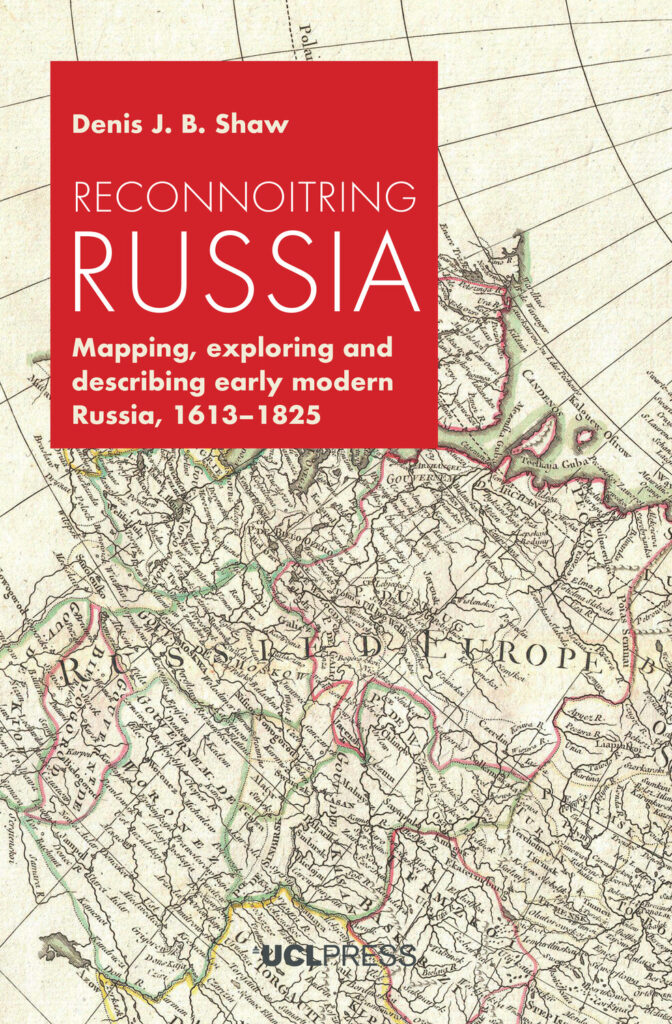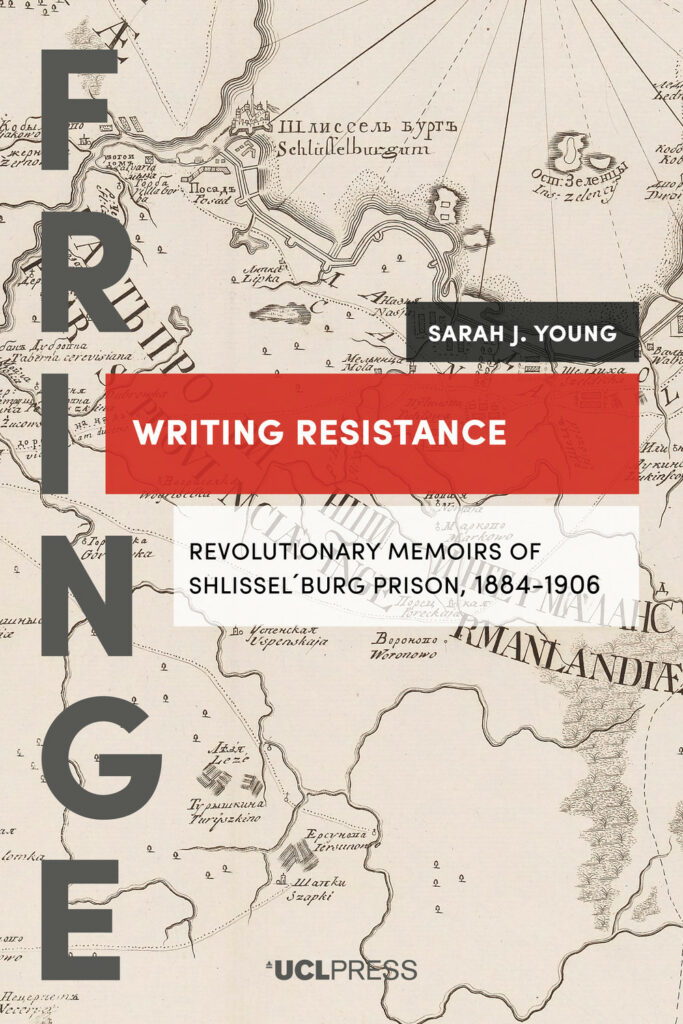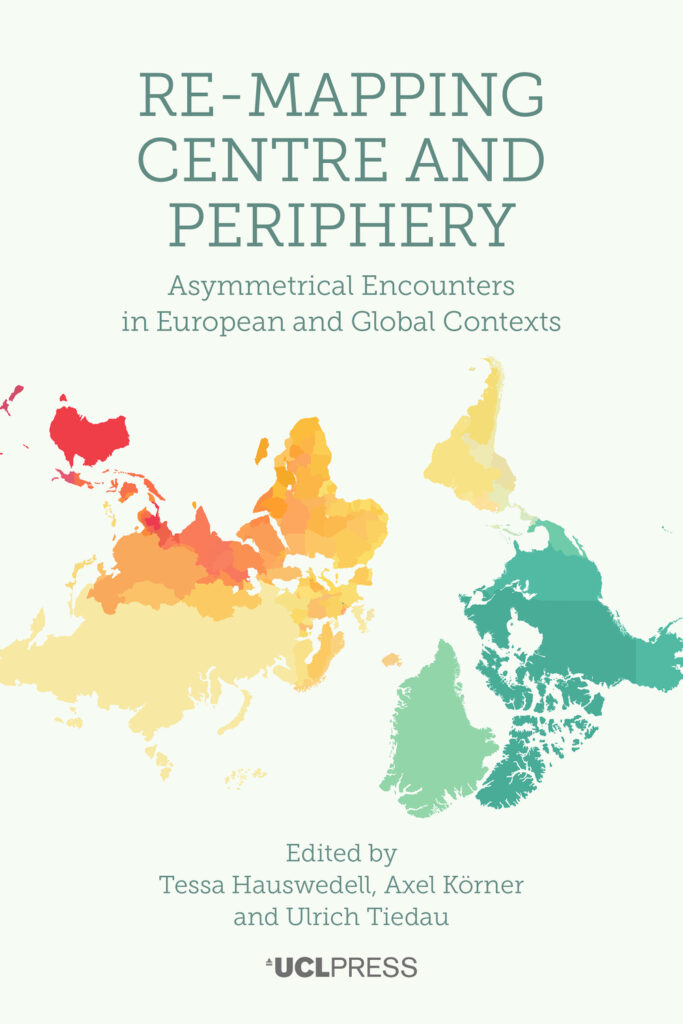
Like many European countries during the Great Age of Discovery and Exploration, Russia embarked on policies of state building, exploration and imperial expansion. At the beginning of the fourteenth century, the territory under Moscow’s control was about twenty thousand square kilometres. By 1800 Russia’s empire had expanded to some eighteen million square kilometres. Russia had thus become one of the world’s greatest empires.
By focusing on such geographical practices as exploring, observing, describing, mapping and similar activities, Reconnoitring Russia seeks to explain how Russia’s rulers and its educated public came to know and understand the territory of their expanding state and empire, especially as a result of the modernizing policies of such sovereigns as Peter the Great and Catherine the Great. It places the Russian experience into a comparative context, showing how that experience compares with those of other European countries over the same period. The book adopts a broad chronological framework, exploring the age between 1613 when the Romanov dynasty assumed power and 1825, the conclusion of Alexander I’s reign, or what is often termed the end of the ‘long eighteenth century’.
Praise for Reconnoitring Russia
Reconnoitring Russia is an original contribution to two fields of scholarship: history of geography as a science and practices of exploration, and the history of the Russian Empire. The author was one of the most devoted historians of the geography of Russia and this is the first comprehensive analysis of the development of geographical knowledge in the period under study to be published either in English or in Russian.’
Julia Lajus, Netherlands Institute for Advanced Study in Social Sciences and Humanities (NIAS) in Amsterdam
‘There is no doubt that “the geographical exploration and survey of the vast spaces of Eurasia, pioneered by Russians, Germans and others, forms an important chapter in the history of European imperialism and of European geographical endeavour … all too frequently overlooked”… Shaw’s excellent book provides this hitherto-missing chapter.’
The Russian Review

